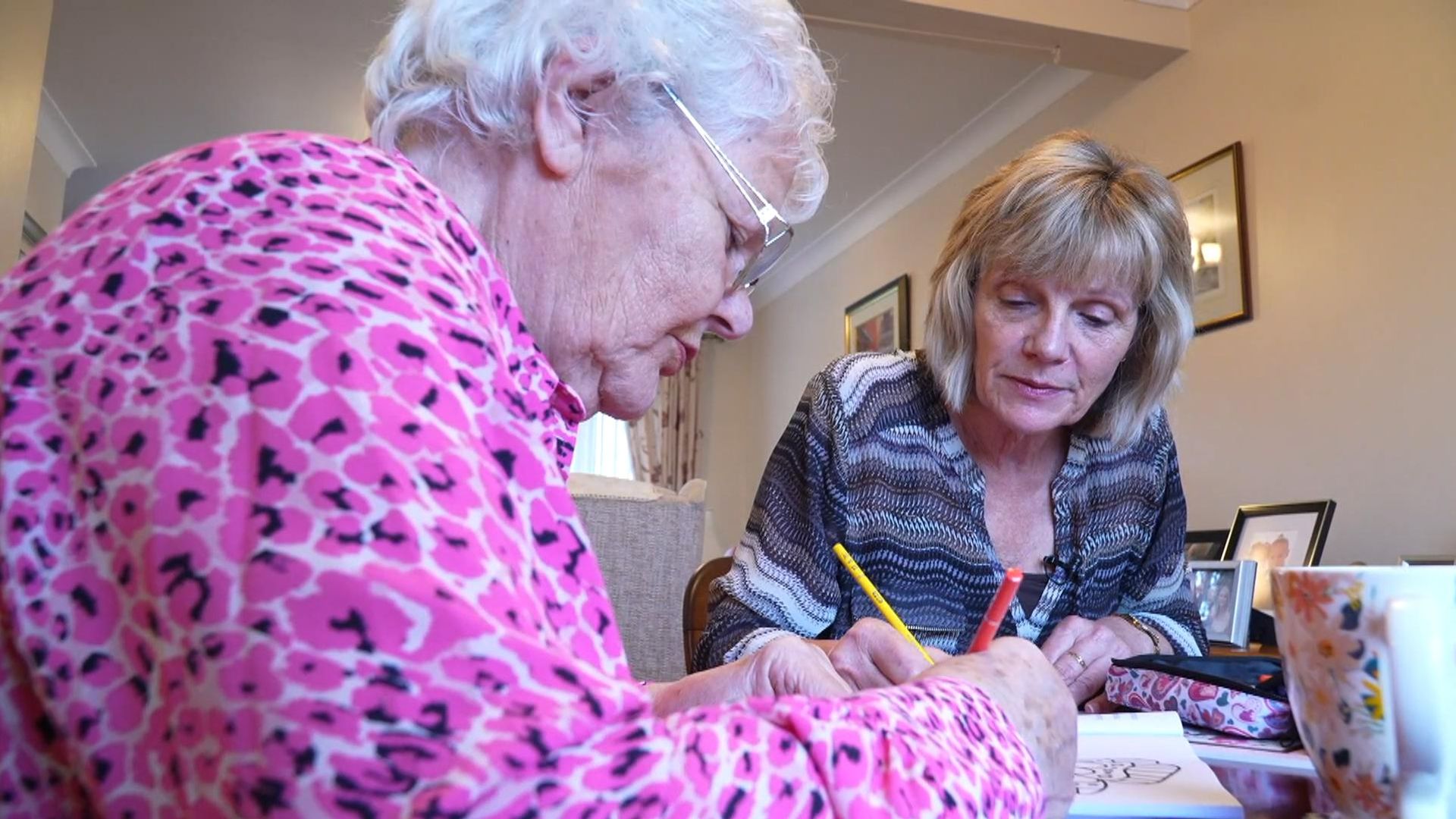
AUGUSTA, Maine — The Maine House of Representatives narrowly passed Tuesday proposals to ban bump stocks and require 72-hour waiting periods for firearm purchases, two of the numerous gun control bills introduced after the Lewiston mass shooting.
The House voted 73-72 to pass the bill from Sen. Anne Carney, D-Cape Elizabeth, to ban bump stocks and other devices that let semi-automatic weapons fire like machine guns and then passed the waiting period bill from Sen. Peggy Rotundo, D-Lewiston, in a 74-73 vote.
A follow-up engrossment vote on Carney’s bump stock measure featured a 74-72 margin, after Rep. Jane Pringle, D-Windham, missed the initial vote before supporting it. Three Democrats were absent Tuesday. The Senate narrowly advanced each bill last week.
Both bills need additional enactment votes before reaching Gov. Janet Mills. The Democratic-controlled Legislature is scheduled to adjourn Wednesday but may need extra time for final votes on an array of bills and an addition to the two-year budget.
Maine lawmakers had as recently as last year defeated similar bump stock ban and waiting period measures, but the Oct. 25 mass shooting at a Lewiston bowling alley and bar that left 18 dead and 13 injured drastically changed the political picture in a rural state with lax gun laws.
Supporters of Rotundo’s bill included medical providers and the Maine Coalition to End Domestic Violence, while opposition came from groups such as Maine professional guides and the national trade association for the shooting sports industry.
Rep. Margaret Craven, D-Lewiston, who sponsored last year’s waiting period bill that failed to pass, pointed to how they can help in a state where more than half of suicides in 2021 involved a gun. But Rep. Jennifer Poirier, R-Skowhegan, said the bill will do “more harm than good.”
Carney’s measure would also require police to destroy all forfeited firearms. The bump stock proposal comes as the U.S. Supreme Court is expected to rule by this summer on a similar federal rule implemented under then-President Donald Trump’s administration following the nation’s deadliest-ever mass shooting at a 2017 Las Vegas country music festival.
Another gun control measure awaiting votes is a late effort from House Speaker Rachel Talbot Ross, D-Portland, to pass a “red flag” law allowing families to petition judges to take away weapons from loved ones at risk of causing harm. Mills has not weighed in on the red flag proposal, and the Democrat has instead proposed only tweaking the existing “yellow flag” law she helped craft to make it easier for police to take people into protective custody.
The yellow flag statute requires police take a person into custody and then — unlike the red flag law — receive a mental health evaluation before going before a judge who can temporarily remove their access to weapons after deeming them dangerous.
While gun control advocates have called for a stronger red flag law, the state commission investigating Maine’s deadliest mass shooting on record said sheriff’s deputies had enough probable cause to initiate the yellow flag process with Robert Card II about a month before the 40-year-old Army reservist carried out the Lewiston rampage.
The House gave the governor’s bill final approval Tuesday. Other key provisions in the proposal include expanding background checks to advertised gun sales, making it a felony to sell a gun to a prohibited person and investing in mental health initiatives.
Lawmakers have additionally passed a bill from Rep. Vicki Doudera, D-Camden, to study the creation of a process for suicidal people to sign themselves up for a do-not-sell list for firearms. Talbot Ross also put forward a package of mental health and violence prevention initiatives that has already sailed through each chamber and awaits funding in the budget.










